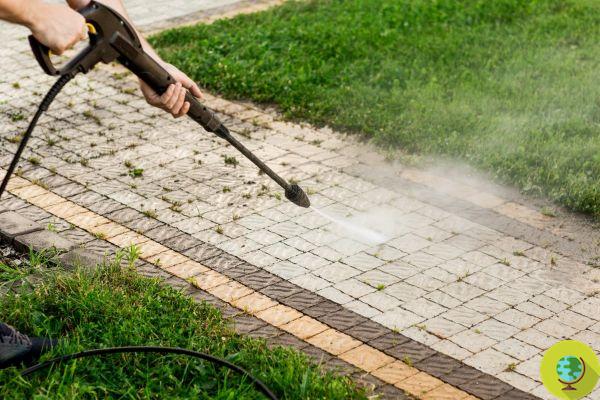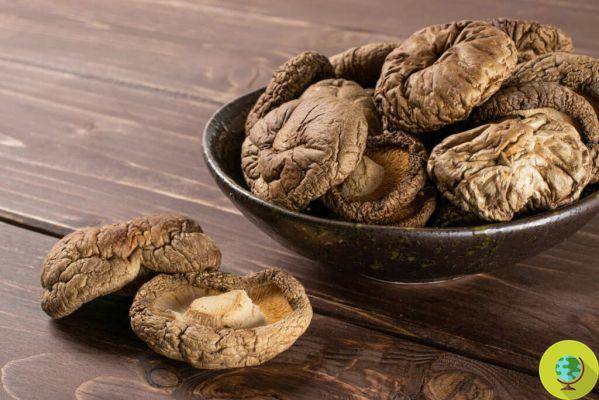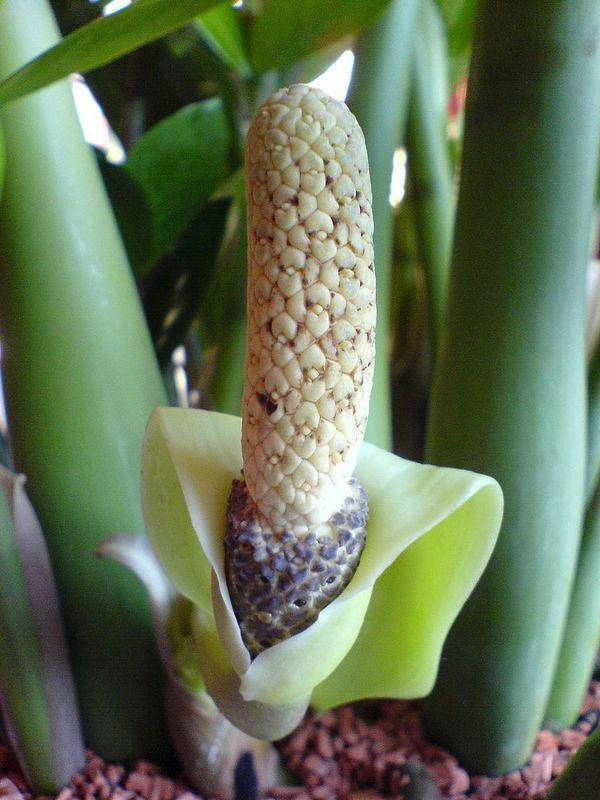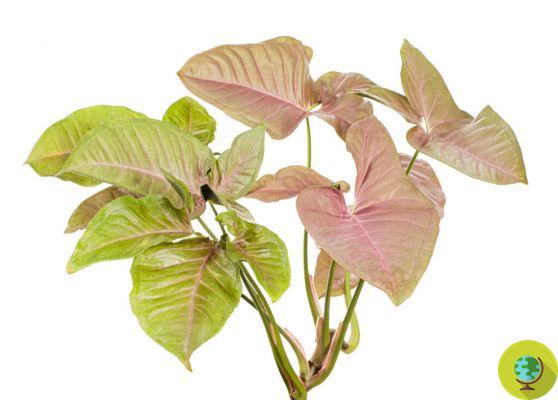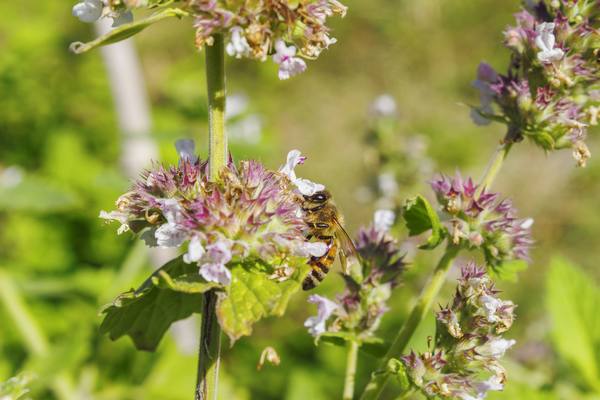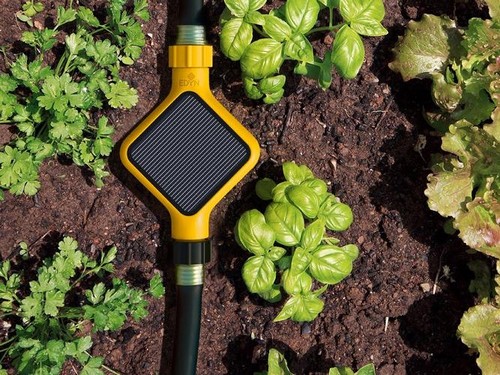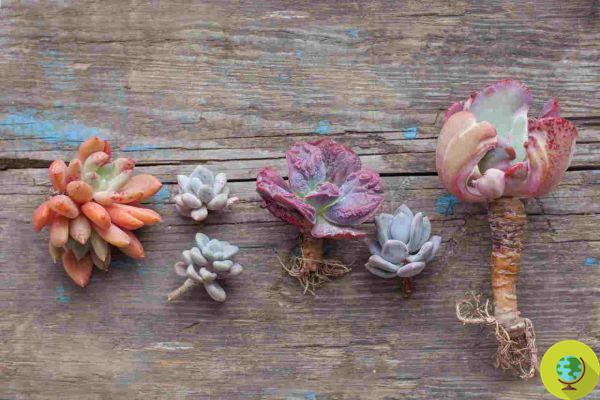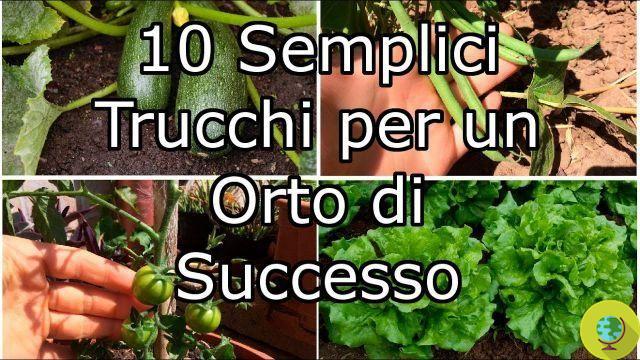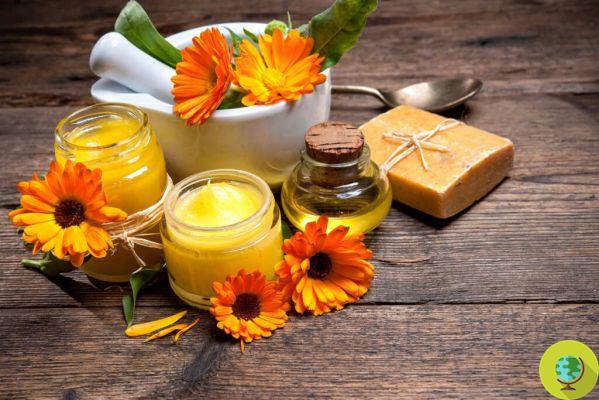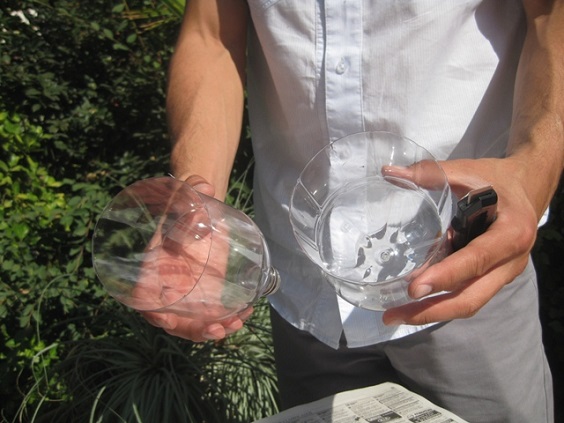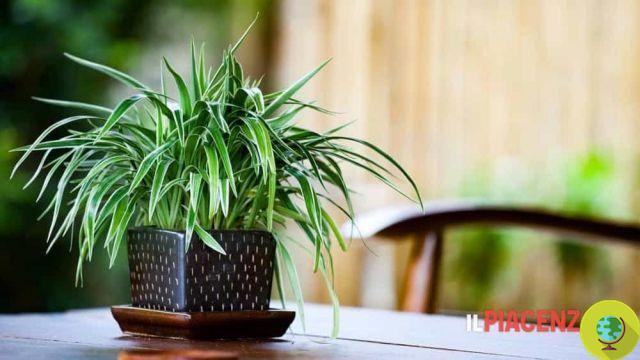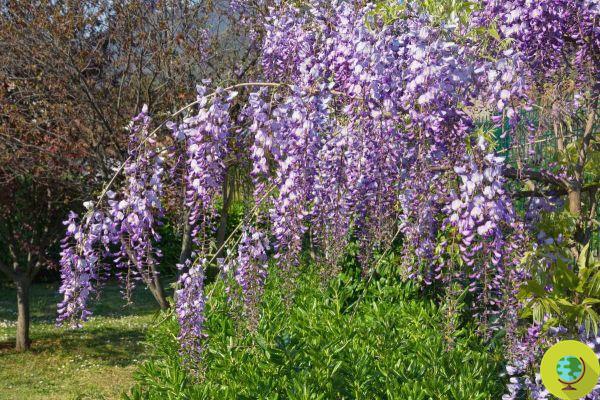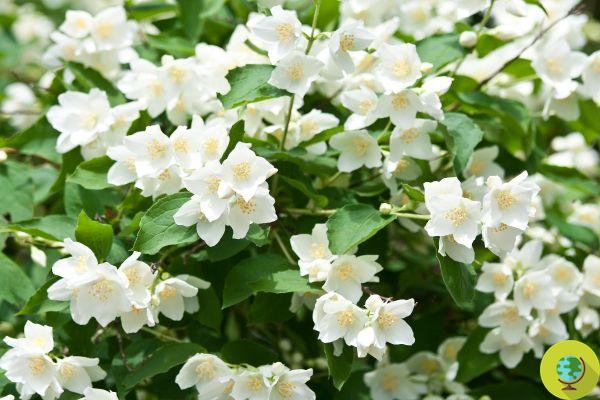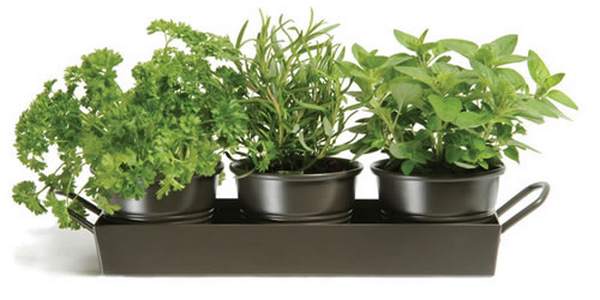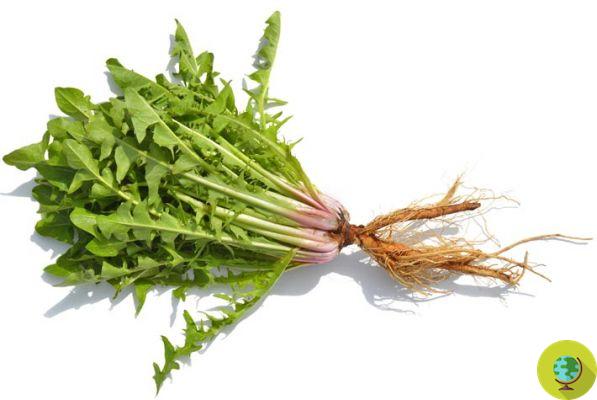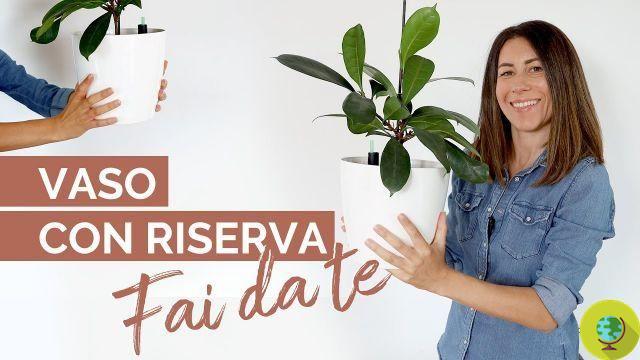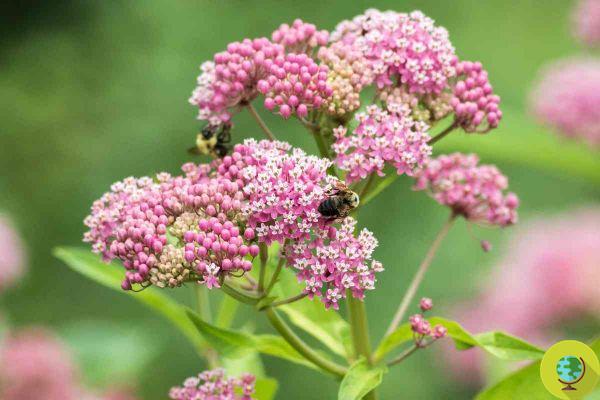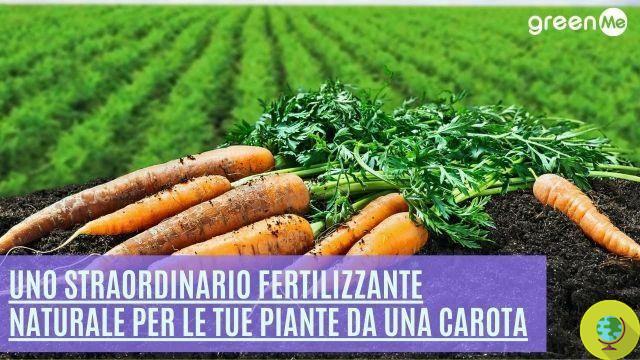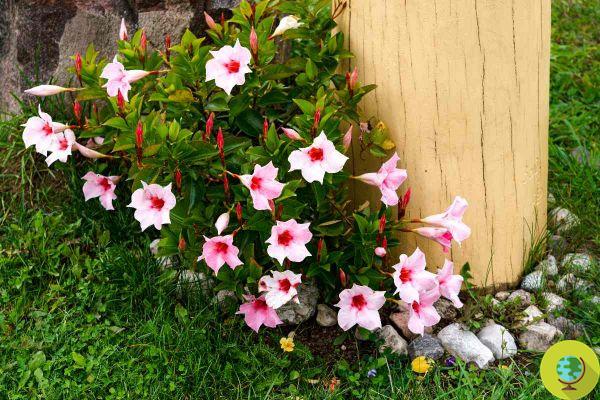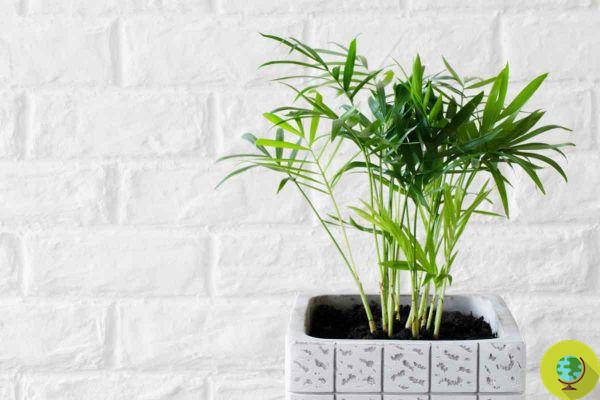This month we want to suggest some "recipes" to create completely organic fertilizers and repellents that will help you to keep unwanted insects away while fully respecting nature and your crops.
He is about to end up run over, his mother saves himWith the arrival of the spring and in general the desire to grow in the hot season grow; it does not matter whether it is a balcony, a garden or a vegetable garden, the important thing is to do it! But often it is not an easy task and to complicate the work, already hard and tiring, it takes an infinity of insects and parasites which, if not controlled, are able to ruin our crops, frustrating any effort.
This month we want to suggest some "recipes" for create completely organic fertilizers and repellents that will help you keep unwanted insects away in full respect of nature and your crops.
Index
Castile soap spray insecticide
This unrivaled natural soap, based on olive oil, is very useful for making an effective insecticide spray. After filling a spray container with water, add a tablespoon of Castile soap, a pinch of pepper, one of garlic in powder and finally a few leaves of peppermint. Shake well and your aphid and mealybug repellent is ready to use.
Manure
What could be better to enrich the soil of your vegetable garden or the dear old good's garden manure? You can buy it in specialized centers or even better, produce it if you have farmyard animals such as chickens, goats or rabbits. The excrements of the latter are those with the highest rate of nitrogen and can be used directly by adding them to the soil. Those of other animals should generally be composted first.
Garlic spray insecticide
THEgarlic it's a powerful one natural repellent, able to discourage many insects and push them towards other destinations. To prepare our insecticide, we whisk a head of garlic and some clove together with two cups of water, until the mixture is very fine. Let it rest for a day and then mix it in about 3 liters of water. The mixture thus obtained can be vaporized, with a sprayer, directly on the leaves of our plants.
READ also: How to use garlic against garden pests
Nettle tea
How many times has it happened to you absent-mindedly to touch it and to find yourself in a short time with that annoying itch? Well thenettle it is not only irritating and can prove to be an excellent ally for your crops. Bring a sturdy pair of work gloves and gather some nettle plants. Put them to macerate in a bucket covering them with water and let them rest for at least a week. Past this time your new 100% organic liquid fertilizer is ready for use.
READ also: Nettle: the thousand benefits and how to best use it
Tomato spray insecticide
Tomato leaves are rich in alkaloids, excellent as a repellent for many aphids, worms and moths. Fill two cups with chopped tomato leaves and add some water. Let it rest for at least one night and then dilute the mixture with two more cups of water and that's it. Now you can vaporize on your plants. Keep repellent away from pets as it can be toxic.
Egg shells
I egg shells they are an interesting ingredient for our garden with a double utility: they can, in fact, be considered a excellent fertilizer and also a magnificent repellent. They can be used either in pieces or finely chopped. If chopped, you can sprinkle the base of your plants with the powder obtained. If, on the other hand, you use them in pieces, create a sort of ring at the base of the plants: this barrier can deter both snails and some caterpillars.
READ also: How to recycle egg shells
macerated tobacco is made with 3/4 cigarettes in half a liter of water, left to macerate for a couple of days and then filtered
Macerated with tobacco
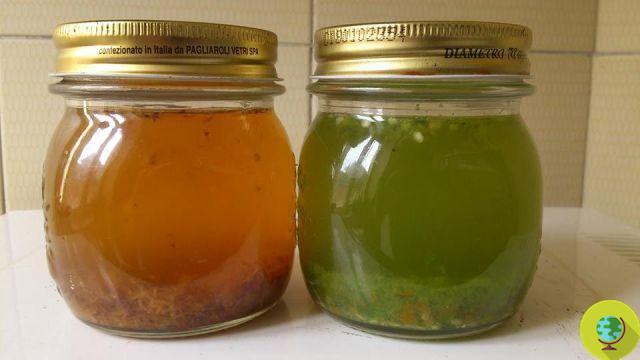
Nicotine, naturally present in tobacco leaves, is not only addictive in humans, but also in insects, acting as an excellent repellent. To prepare our tobacco maceration just take the quantity of tobacco contained in 3/4 cigarettes and let it macerate in half a liter of water for a couple of days and then filter. Then just pour the liquid thus obtained into a nebulizer and our natural insecticide is ready (for this recipe we thank Michele Clausi)
Fertilize with coffee grounds
If you love coffee and consumed in industrial quantities do not throw away i coffee grounds used. They are an excellent source of nitrogen for the soil, rich in antioxidants. Add them to your compost or spread them directly on the ground.
READ also: Funds di coffee': 20 ways to reuse them at home, in the garden and around the house...
Pepper spray insecticide
Chilli is also an excellent natural repellent against parasites. To prepare your spray, blend 6-10 chillies with two glasses of water at high speed for about two minutes. Leave the mixture to rest for the night. The next day, filter the pulp and pour the liquid into the sprayer by adding a glass of water.
Fertilize with grass
Isn't your lawn as beautiful and green as you would like? Do not worry, just a simple precaution: when you cut the grass do not collect it but leave it on the ground, it will be a precious source of nitrogen. The freshly mowed grass, in fact, being very short, decomposes rapidly enriching the soil with nutrients and making your lawn certainly more luxuriant.
Nematode friends
I know, it may seem strange to you that there are gods worms friends of your garden, but it is so. Often other parasites, or rather antagonistic insects, are needed to control the parasite population. This good nematode species are capable of killing many pests in your garden including beetles, weevils and many others. They can be purchased online or at specialized centers.
Compost people, compost!
Composting is certainly one of the simplest and most effective methods for enrich the soil and make your garden lush and productive. What you need are the kitchen scraps and all those substances rich in nitrogen such as grass, leaves or straw. You can compost even if you live in the city.
As you have seen, a lot can be done to preserve our crops without using chemicals and pollutants. Again it is nature to provide us with the solutions to the problem. Good growth everyone!
READ also:
- Natural remedies to keep insects away: the guide
- Biological fight: how to attract ladybugs and beneficial insects to the vegetable garden
- Aphids: how to fight plant "lice" with ... cinnamon!




